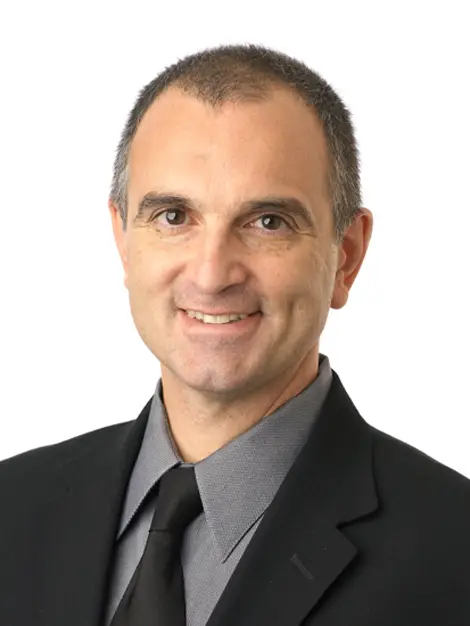Regeneron Pharmaceuticals Inc. and Alnylam Pharmaceuticals Inc. are collaborating to identify RNAi therapeutics for chronic liver disease, nonalcoholic steatohepatitis and other related diseases.
The two companies plan to enter into a separate collaboration to further research, co-develop and commercialize any therapeutic candidates that emerge.

“Since we are committed to following the science, we are pleased to join together with an equally science-minded company with a novel RNAi therapeutic approach that appears well-suited to impact this particular target,” said Dr. George D. Yancopoulos, president and chief scientific officer of Westchester-based Regeneron.
The collaboration is based on Regeneron”™s findings published in the New England Journal of Medicine showing a variant in the HSD17B13 gene that is associated with reduced risk of chronic liver diseases.
“At Alnylam, we are dedicated to advancing RNAi therapeutics as a new class of medicines for patients with few or no treatment alternatives,” said John Maraganore, CEO of the Cambridge,Massachusetts-based company. “As we transition Alnylam toward commercialization in rare diseases, the prospect of collaborating with a scientific leader like Regeneron on innovative medicines for more prevalent diseases like NASH makes perfect strategic sense.”
As part of the collaboration, Regeneron will contribute research on the HSD17B13 target and Alnylam will use its RNAi therapeutics platform to identify compounds directed to the target.
Chronic liver disease and cirrhosis are leading causes of morbidity and mortality in the United States, accounting for more than 38,000 deaths in 2014.
“Nonalcoholic steatohepatitis is a major cause of death in this country, with no current treatment options,” said Yancopoulos. “We’re eager to build on the exciting science delivered by the Regeneron team in the hopes of helping patients with debilitating and life-threatening chronic liver diseases.”
This marks the second collaboration for the two companies. In January, Alnylam and a number of other life sciences companies joined Regeneron’s consortium to sequence 500,000 individuals in the UK Biobank health resource.






















